 Ethnic Groups
Ethnic Groups 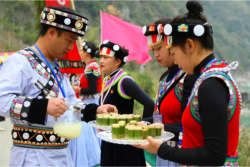
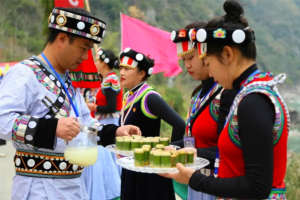
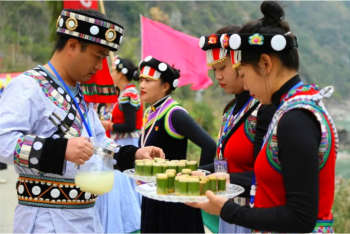
The Nu ethnic group has a population of 37,000, nearly all of which live in Yunnan in Fugong, Gongshan and Bin'e Township in Lanping County in the Nujiang Susu Autonomous Prefecture. The Nu people in Gongshan and Fugong counties are the earliest local aboriginals, dating their origins back to the Luluman people during the time of the Tang Dynasty.
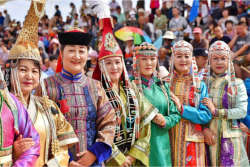
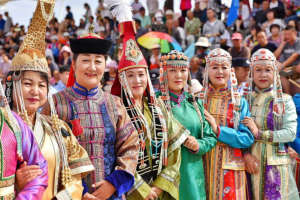
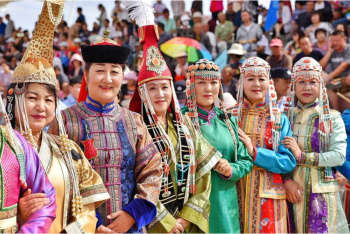
Of approximately 6 million Mongolian people living throughout China, only about 28,000 of them live in Yunnan, mostly in Xinmeng Township, Tonghai County. They have gathered mostly in five villages: Zhongcun, Xiacun, Baige, Gaoyiwan and Taojiazui. They make their living primarily through farming.
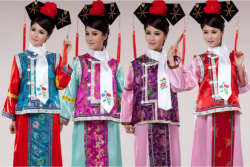
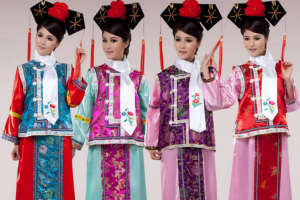
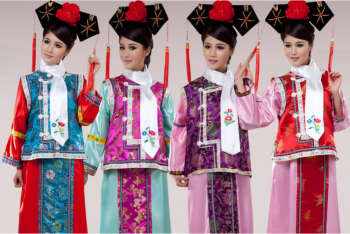
The Manchu people were originally a northern ethnic group that migrated to Yunnan during the Qing Dynasty and gathered around Kunming and other nearby areas. There are more than 12,000 of the Manchu people in Yunnan and they blend in with the Han people and follow the same customs.
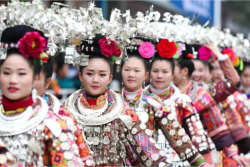
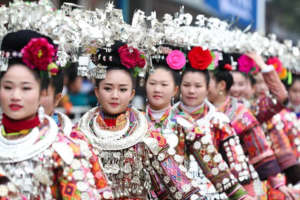
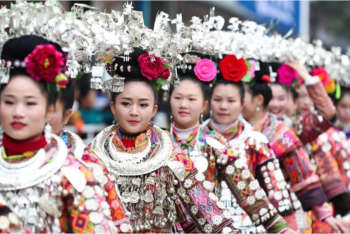
Most of the more than 9 million Miao people in China live in the southern Guizhou Province and the western Hunan Province, but there are about 1 million Miao people in Yunnan. The Miao history dates back 2,000 years ago when they settled in Hunan Province, where they engaged in fishing, hunting and agricultural production.
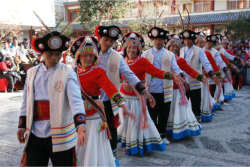
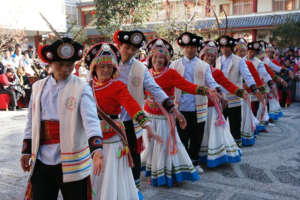
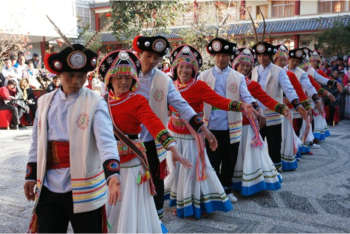
There are about 700,000 Lisu people inhabit in China, mostly live in Yunnan in their traditional homeland of Three Parallel Rivers National Park. They are known for long festival days with much dancing and playing music on traditional instruments.
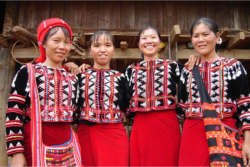
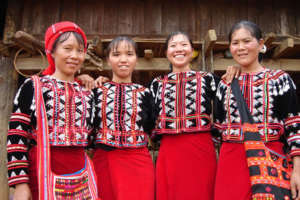
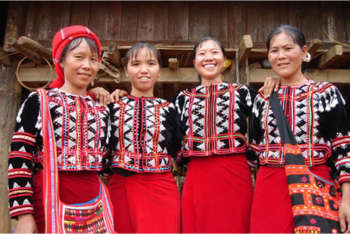
The Lahu people, numbering about 480,000, live mostly in Lancang Lahu Autonomous County in the hills near the border between Yunnan and Vietnam. Traditionally they are hunters. Their religion is historically polytheistic but today some are Christian and some are Buddhist.
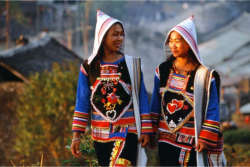
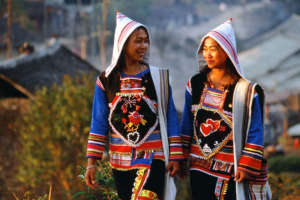
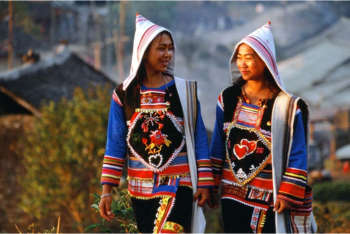
The 23,000 Jinuo people live mostly in the Jinuo Mountain area of Jinghong City, and in some areas of Jinghong and Menghai. Their name translates to "the offspring of the uncle" or "the nation that respects the uncle." Most make their living by agriculture and growing tea.
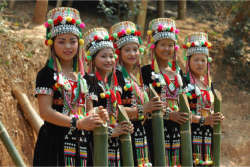
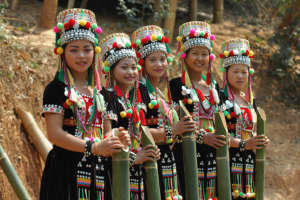
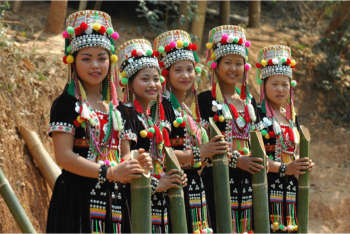
The Hani people mostly live in the area around the Yuan and Lancang rivers, numbering about 1.6 million in Yunnan. They are known for lively and colorful festivals, such as Ku-Zha-Zha, with feasting, colorful clothing and lively singing.